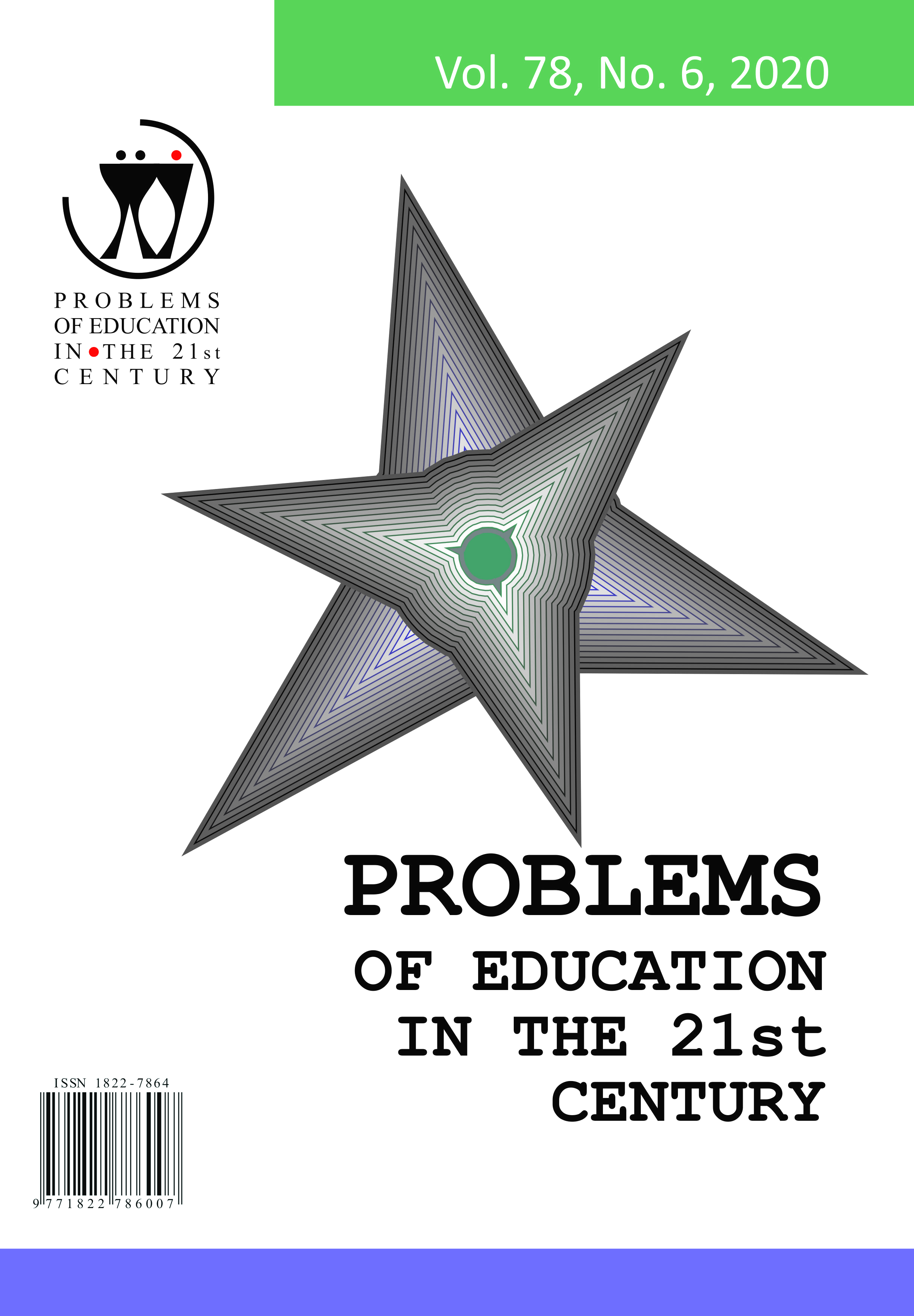UNDERGRADUATE ECONOMICS CURRICULUM AND EMPLOYABILITY SKILLS IN SOUTH AFRICA
UNDERGRADUATE ECONOMICS CURRICULUM AND EMPLOYABILITY SKILLS IN SOUTH AFRICA
Author(s): Beatrice NgulubeSubject(s): Education, Labor relations, Sociology of Education
Published by: Scientia Socialis, UAB
Keywords: employability skills; undergraduate curriculum; content analysis;
Summary/Abstract: Graduates with employability skills are considered as assets by employers because they are dynamic and adapt easily to today’s work environment. Thus, higher education globally is under pressure to produce graduates who are employable and able to continue learning and remain employed. This study examined the extent to which the undergraduate economics curriculum in South Africa equips economics graduates with employability skills. This was achieved through a qualitative approach using a content analysis design. Data analysed from advertisements extracted from the Sunday Times for four consecutive years and data from six undergraduate economics study guides indicated that there was a disjuncture between undergraduate economics skills and those required by the industry. The analysed study guides only cover about 29.4 % of the needed skills in the labour market. It is imperative for higher education institutions to produce employable graduates because evidence demonstrates that employers today do not hire employees solely based on academic qualifications. Recommendations are that there should be an alignment between employability skills required in the labour market and those offered by the academic institutions. Curricula and pedagogy should also be adjusted to enhance graduate skills outcomes.
Journal: Problems of Education in the 21st Century
- Issue Year: 78/2020
- Issue No: 6
- Page Range: 1000-1013
- Page Count: 14
- Language: English

